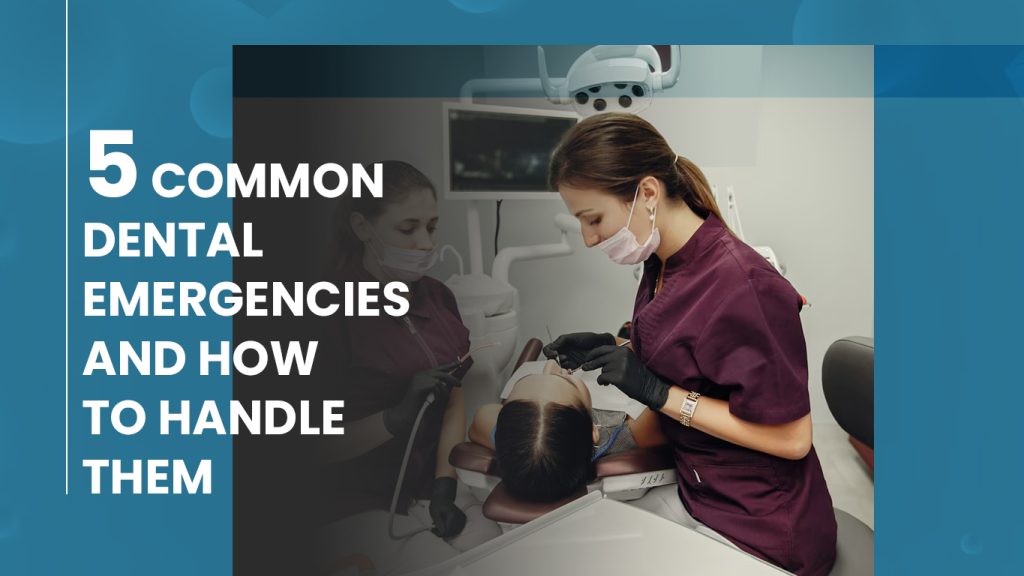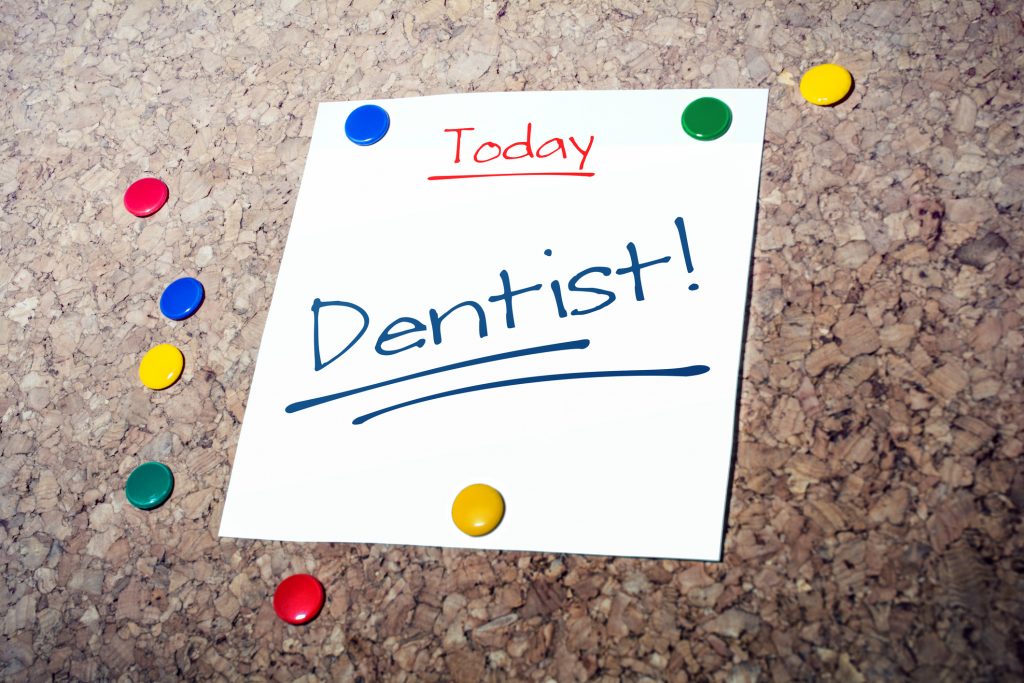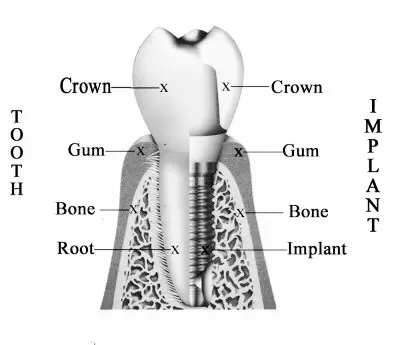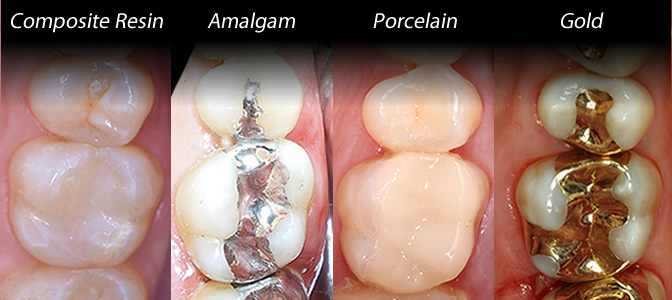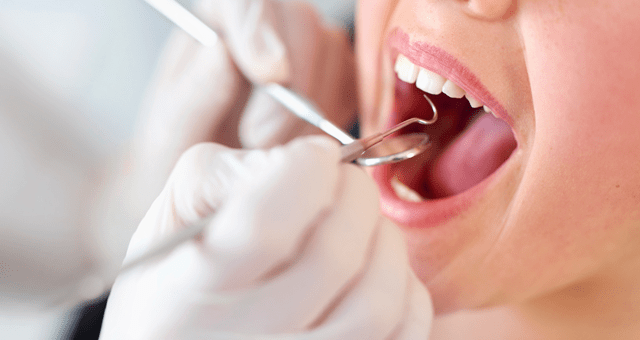The Different Types of Teeth Braces and Which One May Be Right for You
Getting braces can be an exciting yet daunting experience for both children and adults. With all the different types available nowadays, from traditional metal braces to clear aligners, it can…

